The views expressed in our content reflect individual perspectives and do not represent the authoritative views of the Baha'i Faith.
After many years within the walls of the prison city of Akka, Baha’u’llah was finally permitted to leave his incarceration and live nearby in a bucolic place called Bahji, meaning “delight” in Arabic.
Today, the Mansion of Bahji is surrounded by beautiful gardens through which Baha’i pilgrims and visitors walk as they approach Baha’u’llah’s resting place – the holiest spot on Earth for Baha’is.
Aside from the gardens, Bahji has been kept as it was during Baha’u’llah’s final years. Inside the house one can see where he and his family lived, the room where Baha’u’llah received numerous early Baha’is and visiting dignitaries, including Edward Granville Browne, and the room where he passed away.
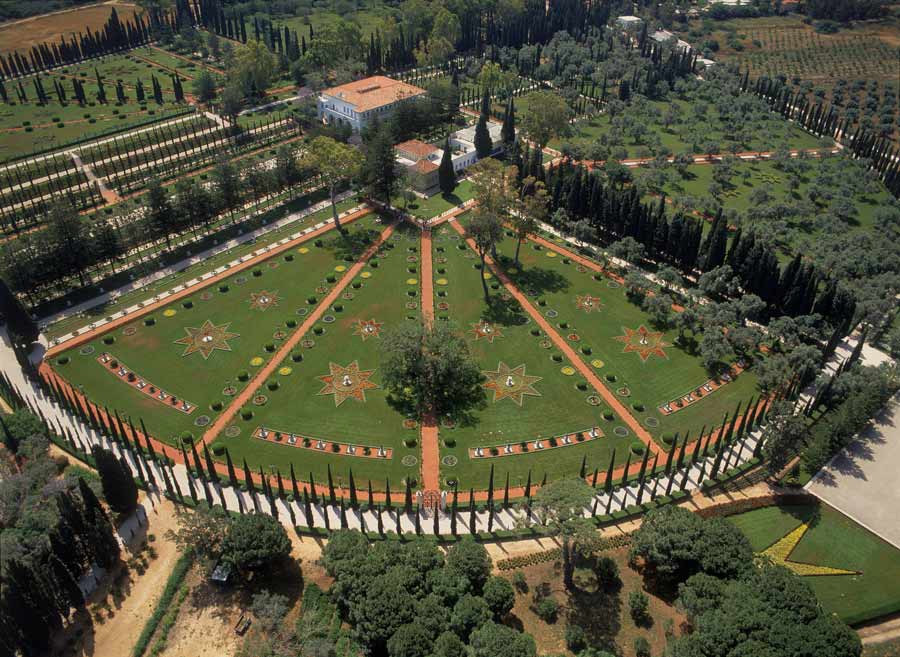
Aerial view of the Shrine of Bahá’u’lláh, the Mansion of Bahjí, and surrounding gardens
Baha’u’llah died at Bahji on the 29th of May 1892, in his seventy-fifth year. At the time of his passing, the Baha’i Cause, which had been entrusted to him during his imprisonment in the Black Pit in Tehran, had begun to spread far beyond the Islamic lands where it had first taken shape, establishing itself in America, Europe and throughout the rest of the world.
Imagine, if you will, what that means. A solitary prisoner, serially exiled from one place to another, stripped of his position and possessions, rejected and reviled by his government, tortured and poisoned by those who opposed him, imprisoned for four decades, establishes a new Faith that soon encompasses the entire world:
During His lifetime [Baha’u’llah] was intensely active. His energy was unlimited. Scarcely one night was passed in restful sleep. He bore these ordeals, suffered these calamities and difficulties in order that a manifestation of selflessness and service might become apparent in the world of humanity; that the Most Great Peace should become a reality; that human souls might appear as the angels of heaven; that heavenly miracles would be wrought among men; that human faith should be strengthened and perfected; that the precious, priceless bestowal of God, the human mind, might be developed to its fullest capacity in the temple of the body; and man become the reflection and likeness of God, even as it hath been revealed in the Bible: “We shall create man in Our own image.”
Briefly; the Blessed Perfection [Baha’u’llah] bore all these ordeals and calamities in order that our hearts might become enkindled and radiant, our spirits be glorified, our faults become virtues, our ignorance transformed into knowledge; in order that we might attain the real fruits of humanity and acquire heavenly graces; although pilgrims upon earth we should travel the road of the heavenly kingdom; although needy and poor we might receive the treasures of life eternal. For this has He borne these difficulties and sorrows. – Abdu’l-Baha, The Promulgation of Universal Peace, p. 26.
Before his passing Baha’u’llah appointed his eldest son Abdu’l-Baha as his successor and the authorized interpreter of his writings. Abdu’l-Baha, who since the age of eight had accompanied his father in his imprisonments and exiles, sent the news of Baha’u’llah’s passing to the Sultan of the Ottoman Empire, in a telegram which began with the words: “The sun of Baha has set …”
On the day of His passing, many notable personages, among them Shi’a and Sunni Muslims, Christians, Jews, and Druze, as well as poets, religious leaders and government officials, began to arrive, lamenting the loss of Baha’u’llah and magnifying his virtues and greatness. For several weeks tributes and eulogies continued to arrive, in both verse and prose, in Arabic and Turkish, in the form of telegrams and letters. Even though the kings of the Earth had ignored Baha’u’llah during his lifetime, countless thousands in Persia, India, Russia, Iraq, Turkey, Sudan, Palestine, Egypt and Syria had recognized him as a messenger of God – and millions more soon would.
During the first century after Baha’u’llah’s passing, his followers have spread to every country, territory and island of the world.
They have constantly, year after year, grown in number and remained united. The year 1992 was the centenary of Baha’u’llah’s passing and was declared a Holy Year in which Baha’is dedicated their time to studying his writings and finding ways to implement his teachings and principles for the solution of the world’s problems.
Baha’u’llah’s vision of humanity united as one people, and his promise of the entire Earth becoming a peaceful and common homeland to all humankind, resonates today even more than it did in the 19th century. Now, more than ever, Baha’is focus on Baha’u’llah’s message of justice, peace and unity as the best hope for humanity.
This series of essays is adapted from Joseph Roy Sheppherd’s book The Elements of the Baha’i Faith, with permission from his widow Jan Sheppherd.


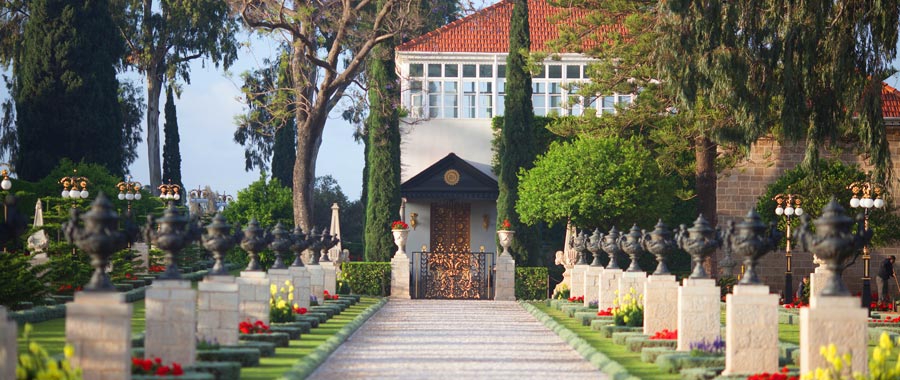

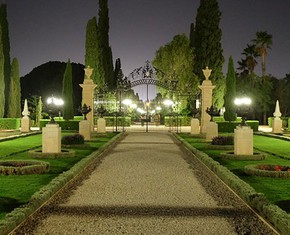
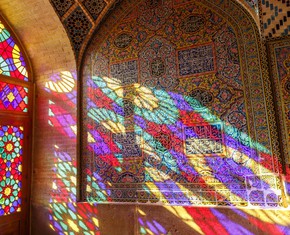
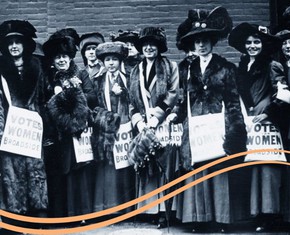









Comments
Sign in or create an account
Continue with Googleor